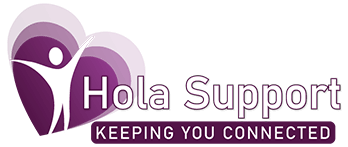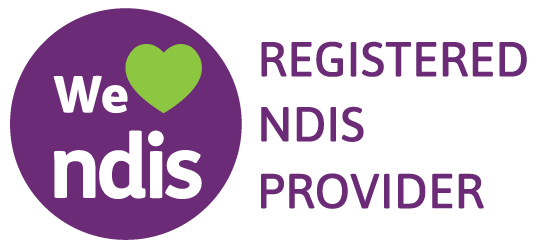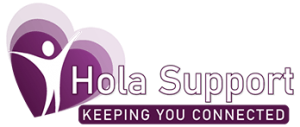Psychosocial Recovery Coach
Supported Independent Living
Short Term Accommodation
Assistance with Daily Living Life Skills
Assistance with Daily Personal Activities
Community Participation
NDIS Support Coordination
Community Nursing Services
Assistance with Household Tasks
Psychosocial Recovery Coach

Psychosocial Recovery Coach
Psychosocial recovery coach is a pivotal support service that Hola Support offers to participants. We understand and acknowledge the importance of providing good Psychosocial recovery coach services and thus have highly skilled and experienced team to provide supports with a goal to reducing hospital admissions for our participants.
The NDIA defines recovery as achieving an optimal state of personal, social and emotional wellbeing, as defined by each individual, whilst living with or recovering from a mental health condition
The funding includes supports that enables a person with a mental illness or psychiatric condition to effectively undertake activities of daily living, to participate in the community, in the workplace and in social circles.
The following are a list of some of our services:
- Assistance with medication management
- motivation, counselling
- Supporting participants with their recovery planning
- Building personal capacity, including around strengths, resilience and decision making
- Assistance with referrals and care escalations.
- Supporting engagement with the NDIS
- Documentation and reporting
- Recovery goals
- Fund utilisation
What’s your Roster of Care?
Roster of Care describes the supports you’ll get from Hola Support, it helps the NDIS to decide how much support to include in your plan. We will work with to create or update your Roster of Care, if your needs have changed, you may have to get a report from a qualified Allied Health Practitioner [AHP] to show this to the NDIS.
What is included in SIL
- Support with supervision, safety and security
- Assistance with personal care tasks
- Assistance with capacity building tasks (for example, meal prep and cooking, cleaning, routine development)
- Behaviour support and social skill development
- Administration of medication
- Support for medical appointments
- Community access that is not routine or regular (for example, support to complete personal tasks)
- Support to get to and from community access activities (where this is the participant’s preference)
What is not included in SIL
- Cost of groceries
- Rent, board or lodging costs
- Utilities – gas, electricity, water, telephone, internet
- Household budgeting/bill paying activities
- Expenses related to holidays, including travel costs
- Personal care supports while the participant is in hospital
- Specialist Disability Accommodation (SDA) related costs (such as property maintenance costs, repairs, vacancy costs)
- Ongoing costs and supports for vacancies (which is built into the price limit)
- Regular community access
- Specific funding for staff to attend training for the participant’s support needs (which is built into the price limit)
- Shadow shifts
- Organisational management costs
- Allied Health staff, including those employed by SIL provider
- Vehicle costs
- Temporary Transformation Payment (TTP) pricing
- Justice related supports
- Community supervision orders
- Nursing, medical care and other health related supports
- Items covered in other sections of the NDIS Pricing Arrangements and Price Limits (such as transport costs, assistive technology, personal care while in the workplace, plan management, financial intermediary supports, clinical or allied health services)





